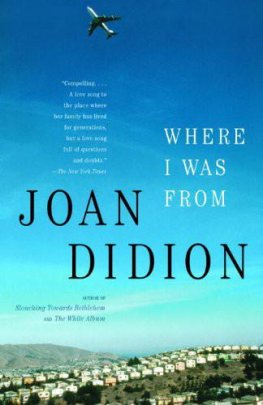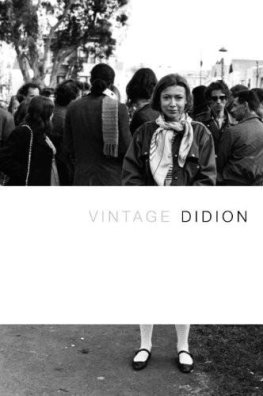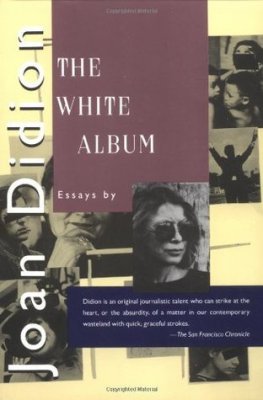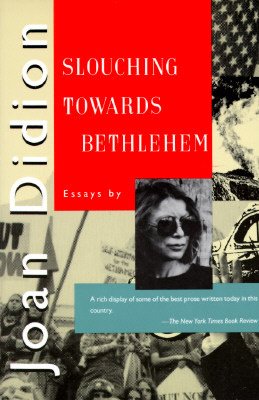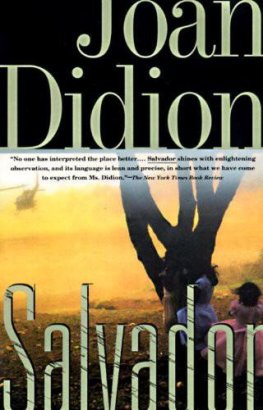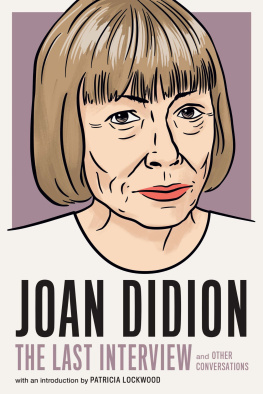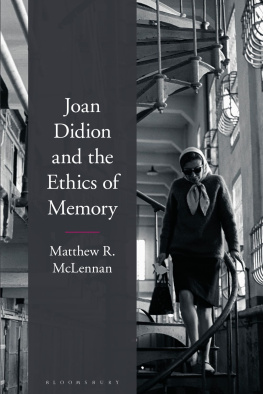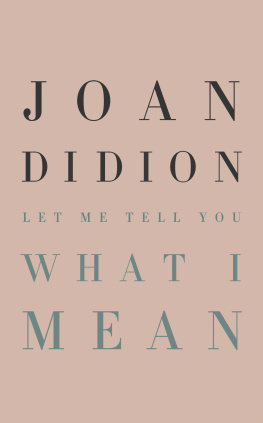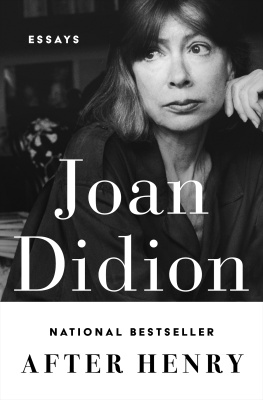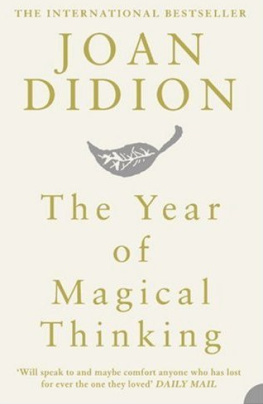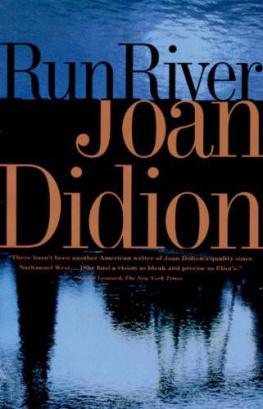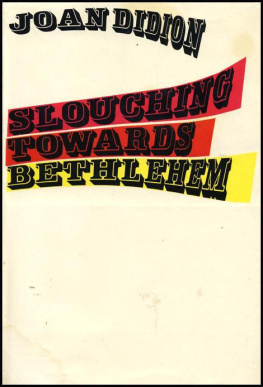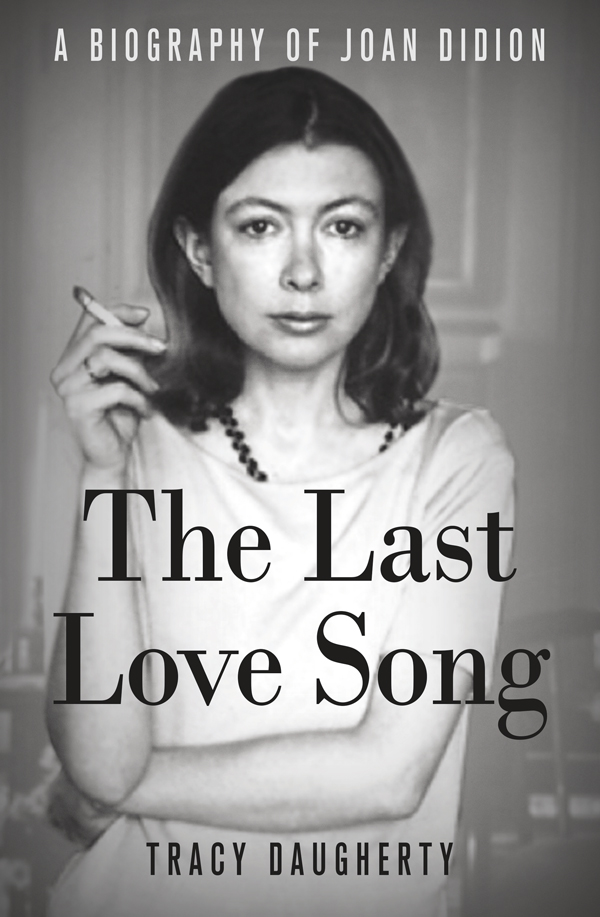Contents
Guide

The author and publisher have provided this e-book to you for your personal use only. You may not make this e-book publicly available in any way. Copyright infringement is against the law. If you believe the copy of this e-book you are reading infringes on the authors copyright, please notify the publisher at: us.macmillanusa.com/piracy.
Please note that some of the links referenced in this work are no longer active.
Making a book is the lighting of a candle.
This candle burns in memory of
Jo Anne Daugherty
Robert Homler
Christina Ward
Kit Ward, Colleen Mohyde, and Michael Homler made this book possible. My admiration for them extends well beyond their professional skills. Until the very end, Kit sacrificed her time for others, and Colleen and Michael stepped up with grace and fortitude during moments of great difficulty.
Ted Leeson and Marjorie Sandor taught me to write better sentences. They are not responsible for the embarrassments that remain on the page. Elizabeth Wyckoff was an indispensable researcher. Keith Scribner enthusiastically shared his ideas on the American dream with me. Jon Lewis was a fine companion through the filmic and historical back alleys of Los Angeles. Kerry Ahearn keeps alerting me to the whereabouts of the Dead Fathera way of finding true north. I am grateful to the staffs of the Bancroft Library, the New York Public Library, the UCLA Library, the Harry Ransom Center at the University of Texas, and the libraries at Columbia, Harvard, Princeton, and Texas State University for their help. Laura Wyss and Elizabeth Seramur conducted the photo research and editing. Dinah Lenney and Lyle Wilen made marvelous tour guides. The St. Martins team, particularly Lauren Jablonski (tireless!), Carol Edwards, Meg Drislane, Amelie Littell, Steve Snider, Steven Seighman, Yolanda Pluguez, Dori Weintraub, Ivan Lett, Jessica Lawrence, Emily Walters, as well as William McNaull and Eric Rayman on the legal team, handled the book with extraordinary care during the copyediting and production process.
I am grateful to the creative writing students at Oregon State University. For nearly three decades, they have energized me with their vitality and curiosity.
For his help with this book and for care and feeding, I am beholden to Tim Steele. I dearly miss him.
Below are some of the people who were kind enough to share their memories and thoughts, or point me in helpful directions. Any misunderstandings or errors of interpretation are mine, not theirs. For their extra generosity, Id like to acknowledge Noel Parmentel, Rosa Rasiel, Dan Wakefield, Eve Babitz, Hunter Drohojowska-Philp, Josh and Foumi Greenfeld, Shirley Streshinsky, and Sean Day Michael. Their insights and stories were crucial to my understanding of the narrative. For permission to print previously unpublished material, my thanks to Philip and Amy Robbins, Margi Fox, and Roger W. Straus III.
Also, my gratitude to Don Bachardy, Weston Blalock, Christopher Buckley, William Burg, Janet Burroway, Phyllis Butler, Norman Carby, Jon Carroll, Larry Colton, Anna Connolly, Amy Cooper, Meghan Daum, Jim Desmond, Julie Didion, Willard Dixon, James Fallows, Carol Felsenthal, Jodie Ferrara-Adler, Gael Greene, Karl Taro Greenfeld, Linda Hall, Joan Haug-Smith, Carol Herman, Alex Ives, Boris Kachka, Sue Kaufman, Brian Kellow, Jonathan Lethem, Kel Munger, John Newhagen, Madeleine Noble, Joyce Carol Oates, Ivan Obolensky, Jay Parini, Harriet Polt, Claire Potter, John Ridland, Jill Schary Robinson, Gabriel Rummonds, Anna Schneider, Lynn Sharon Schwartz, Nora Sheehan, Gary Snyder, Matthew Specktor, Ben Stein, Susan Straight, Rob Turner, David Ulin, Paul VanDevelder, George Vazques, Lois Wallace, and Sam Waterston.
Finally, my love and thanks to Don and Debra Daugherty, Charlie and Joey Vetter, Jeanne Sandor and the rest of her lovely extended family, Willie and Alice, and most especially to Marjorie Sandor and Hannah Crum.
The consciousness of the human organism is carried in its grammar.
Joan Didion,
A Book of Common Prayer
I think it is fair to say that the West has lost its place in the national imagination because, by some sad evolution, the idea of human nature has become the opposite of what it was when the myth of the West began, and now people who are less shaped and constrained by society are assumed to be disabled and dangerous. This is bad news for the American psyche, a fearful and antidemocratic idea, which threatens to close down change. I think it would be a positively good thing for the West to assert itself in the most interesting terms, so that the whole country must hear and be reanimated by dreams and passions it has too casually put aside and too readily forgotten.
Marilynne Robinson,
When I Was a Child I Read Books
Look for it only in books, for it is no more than a dream remembered.
Sidney Howard,
Gone With the Wind screenplay
The whole cosmology of America tends toward the West the quenching of the sun in the sea.
Christopher Hitchens,
It Happened on Sunset
One afternoon in late September 2011, I was riding in a cab from Central Park West to JFK, reading Christopher Hitchenss profile of Joan Didion in Vanity Fair magazine, when the cabbie, who had been muttering about the punishing price of gas, said wretchedly, I dont know what happened to this country.
The cabbie was a transplanted Iranian. He complained about Americas wallowing in ten-year remembrances of 9/11. Christopher Hitchens was dying. Didion would soon publish a book, Blue Nights, about the near impossibility of surviving everyone she loved. In prepublication interviews, she had hinted that this might be her swan song. I used to say I was a writer, but its less up front now. Maybe because it didnt help me, she told Publishers Weekly.
Ten years earlier, by coincidence, she had published Political Fictions on the day hijacked commercial airliners destroyed New Yorks World Trade Center towers and a portion of the Pentagon. Political Fictions excoriated Americas ruling class: the politicians, the moneyed, and the media courting them while claiming to expose their corruption. Predictably, the book drew fire from political and media enclaves exploiting the events of 9/11 to censor speech or solidify their influence.
Coincidence is not something Didion much credited. And now, ten years later, within weeks of the 9/11 anniversary ceremonies, she was about to offer her account of the death of her daughter. An account of what it was like to leave no one behind. A totting up of the end.
Coincidence?
I dont know what happened to this country.
Already, from the Hitchens piece and other well-placed profiles, it was apparent that Blue Nights would not be read solely as a meditation on private loss. Given the timing, and Didions reputation as a public pulse taker, her readers would receive the book as an elegy for everything those of us now living had experienced, including, perhaps, books themselves.
We are not adept at facing the ends of things in this country. But in the photograph accompanying the article on her daughters demise, Didion did not try to evade the camera or conceal from it her physical and psychological losses. She confronted the viewer directly, the face of grief and desiccation. In shadow, against a creamy white couch, her right hand, veined and curled, resembled charred bone. And yet the viewer knew the shot was precisely posed in the manner of Irving Penns old fashion layouts, for which Didion used to write captionsa sort of glamorous horror still. Who was she, really?


